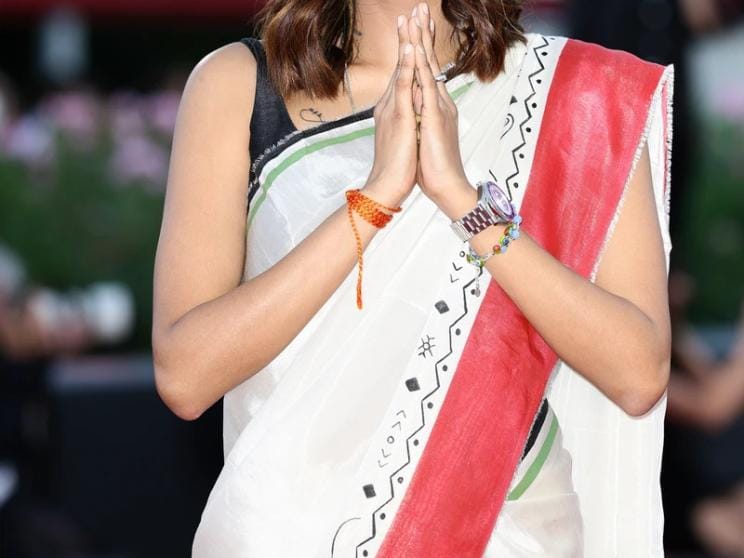Anuparna Roy’s breakthrough at Venice Film Festival

For Anuparna Roy, in her thirties, the excitement of winning an award with her very first feature film at the world's oldest film festival in Venice is yet to sink in. The Indian media took no notice of Roy, an English literature student from Burdwan University in West Bengal, when she released her first short film "Run To The River" a couple of years ago. But today, that moment seems light years away.
As Roy basks in the media glare and accolades of her debut feature-length film "Songs of Forgotten Trees", which won the Orizzonti Best Director award at the 82nd Venice Film Festival, few would grudge her chance to savour the moment.

And why not? A glance back at history reveals that the Venice International Film Festival has previously honoured only a handful of Indian filmmakers: maestro Satyajit Ray's "Aparajito" (Golden Lion, 1957), Buddhadeb Dasgupta's "Uttara" (Special Director Award, 2000), Mira Nair's "Monsoon Wedding" (Golden Lion, 2001), and Chaitanya Tamhane's "Court" (Orizzonti Best Film, 2014).
Yet, as Roy celebrates her award for the 77-minute feature, she also recalls her childhood in Narayanpur village in Purulia district of West Bengal, where she was born at her maternal uncle's house. She especially remembers her school friend Jhuma Nath, who was married off at the age of 13. Although their contact was severed, Jhuma remained the inspiration behind "Songs of Forgotten Trees."

The film revolves around two young migrant women who travel to Mumbai in search of jobs. One of them, Thooya (played by Naaz Shaikh), is an aspiring actor who uses her body to cover her daily expenses. She sublets her rented flat to Shweta (played by Sumi Baghel), an IT sales executive from northern India. A relationship gradually develops between the two, shaped by their struggles and the alienation of small-town women navigating a metropolis.
Roy's convictions were also evident during her acceptance speech at Venice, where she addressed the Israel-Palestine conflict. She asserted that it was "a responsibility to stand by Palestine," adding that while she did not have the power to change global politics, she believed, "if I don't talk, then I'm not a global citizen."
Her remarks gained further significance as this year's Golden Lion for Best Film went to the American indie "Father Mother Sister Brother", ahead of "The Voice of Hind Rajab", a poignant entry centred on the Gaza crisis.




 For all latest news, follow The Daily Star's Google News channel.
For all latest news, follow The Daily Star's Google News channel.
Comments